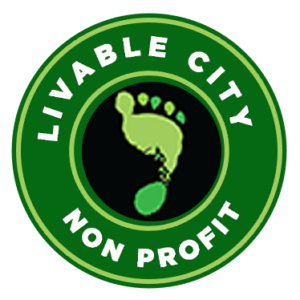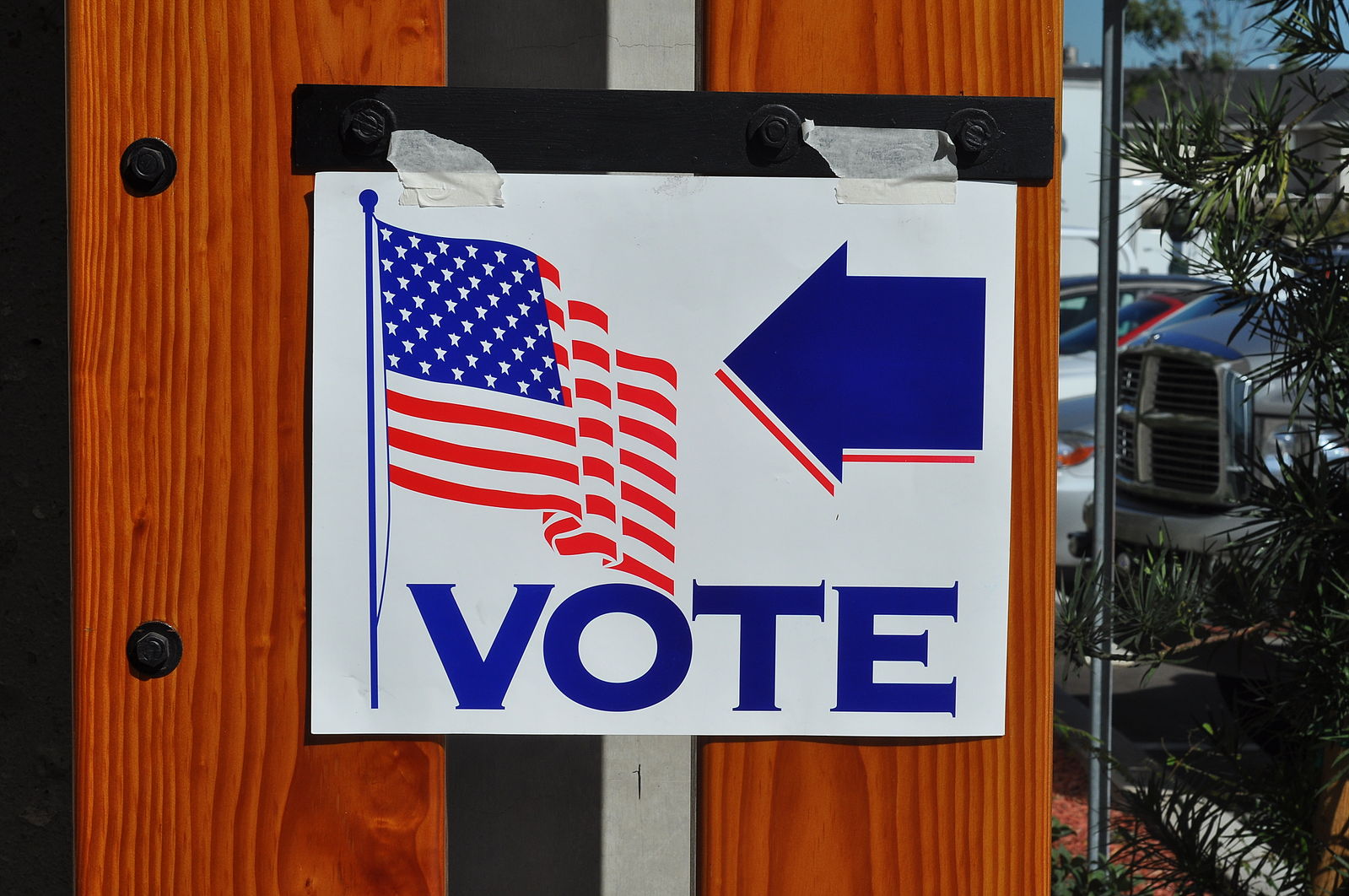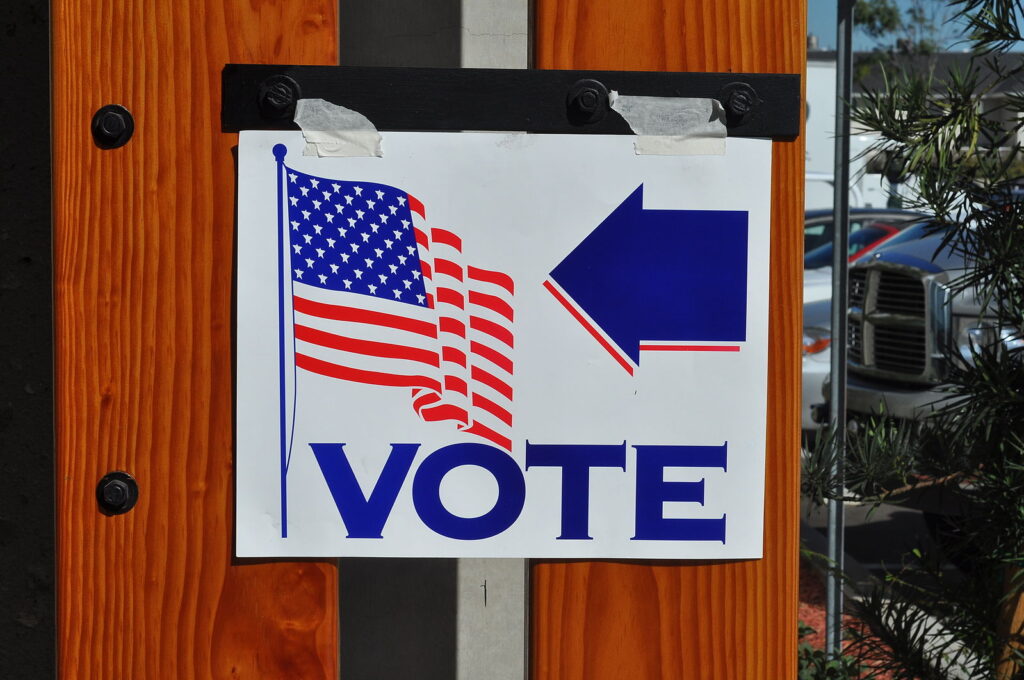
The March 3rd primary election includes several San Francisco ballot measures. Livable City urges you to vote yes, and support San Francisco Propositions A, B, C, and D.
Yes on Prop A – City College bond
Proposition A authorizes $845 million in general obligation bonds to fund capital improvements at City College of San Francisco. The bond will fund building repairs, earthquake safety retrofits, and energy-efficiency upgrades to City College buildings, and repair, replace, and improve technology for labs and classrooms.
City College makes San Francisco more livable and equitable by providing education and job training to tens of thousands of San Franciscans each year. Proposition A will further City College’s educational mission and San Francisco’s livability by making college facilities safer and more accessible for students and faculty, increase the college’s resiliency after disaster, and reduce the college’s operating costs and environmental impact by making its facilities more energy- and resource-efficient.
Yes on Prop B – Earthquake Safety and Emergency Services Bond
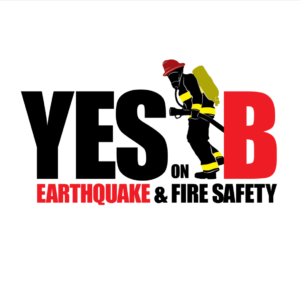 Proposition B authorizes up to $628.5 million in general obligation bonds to build, repair, or improve City facilities that help San Francisco respond to earthquakes, fires, and other disasters. Eligible projects include the City’s emergency water system, which provides a reliable water supply during fires and disasters, as well as neighborhood fire and police stations, upgrades to the City’s 911 call center, and related public facilities and infrastructure to improve disaster response and public safety.
Proposition B authorizes up to $628.5 million in general obligation bonds to build, repair, or improve City facilities that help San Francisco respond to earthquakes, fires, and other disasters. Eligible projects include the City’s emergency water system, which provides a reliable water supply during fires and disasters, as well as neighborhood fire and police stations, upgrades to the City’s 911 call center, and related public facilities and infrastructure to improve disaster response and public safety.
Yes on Prop C – Retirement Benefits for Housing Authority employees
Proposition C amends the City Charter to permit retiree healthcare coverage for certain former employees of the San Francisco Housing Authority who now work in City government.
San Francisco’s Housing Authority was founded in 1938 to administer New Deal federal funding for affordable housing. Over the decades the Housing Authority built and operated thousands of units of public housing and administered the federally-funded Section 8 program, which provides rental assistance to low-income households renting privately-owned apartments.
The Housing Authority was autonomous within City government, and like the former Redevelopment Agency, the authority administered an employee pension and retiree benefit system separate from the one that serves most other City employees.
Last year the City disbanded the troubled Housing Authority and transferred its programs and housing to other departments of the City. Proposition C will permit former Housing Authority employees who moved to City jobs to transfer their years of service at the Housing Authority to the City’s pension and retiree medical system. San Francisco has an unusual system of legislating City employee retirement benefits in our City Charter, so something as simple and sensible as allowing years of service in the Housing Authority to count towards a City pension requires a Charter amendment.
Livable City favors disbanding the Housing Authority and consolidating the City’s affordable housing programs in a single City housing department. Proposition C facilitates this consolidation, and provides a fair deal for City employees.
Yes on Prop D – Vacant Commercial Property Tax
P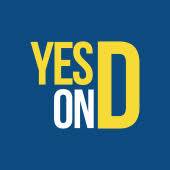 roposition D authorizes a vacant property tax on ground-floor commercial space in certain neighborhood commercial zoning districts and dedicates any future revenues from the tax to City programs that assist small businesses.
roposition D authorizes a vacant property tax on ground-floor commercial space in certain neighborhood commercial zoning districts and dedicates any future revenues from the tax to City programs that assist small businesses.
The tax will be assessed on the linear footage of street-facing ground level commercial space that owners or tenants have kept vacant, and how long that commercial space has been kept vacant. Building owners would be taxed only if a commercial space has been kept vacant for more than 182 days in a calendar year. Vacant days do not include periods where certain City use permits have been applied for, buildings with active construction projects, or when a fire or natural disaster has made a commercial space unusable.
In the first year (2021) the tax will be assessed at $250 per linear foot. In subsequent years it can increase up to $1000 per linear foot depending on how many preceding years the property was vacant.
Vacant commercial properties are detrimental to neighborhoods and adjacent businesses. They blight and deaden commercial streets and attract vandalism and litter. Proposition D adds a financial penalty for building owners who keep ground-floor commercial spaces vacant for long periods, and will encourage owners to improve and lease out spaces – or sell the vacant properties to someone who will.
Livable City has been working to reduce bureaucratic red tape and permit more local and neighborhood-serving shops and services, arts, and nonprofits in commercial spaces across the City. A vacant property tax will help fill vacant storefront spaces with neighborhood-serving uses. Reducing red tape lowers the risk and cost for small businesses and community-based organizations to locate in vacant commercial spaces, while the vacant property tax provides a financial incentive for owners to improve and lease vacant storefronts to eager tenants.
Proposition D applies only to vacant ground-floor commercial spaces in certain neighborhood commercial districts. The selected zoning districts include only a portion of the City’s commercial streets. We wish the Supervisors who put it on the ballot had included all the City’s Neighborhood Commercial zoning districts as well as the Residential-Commercial, Downtown Commercial, and Mixed Use zoning districts. Doing so will require another vote of the people. We hope Proposition D passes, and that the Supervisors will evaluate its effectiveness, and allow the voters to decide whether to expand the tax’s geographic reach.

